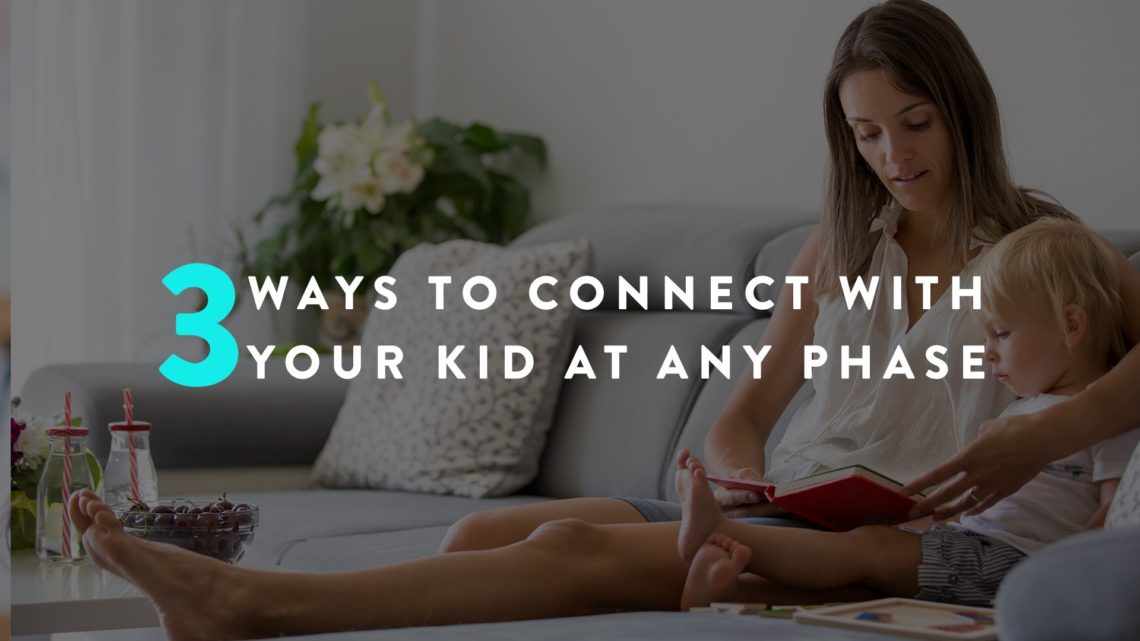
Parenting humans can be unpredictable. Every kid is different and there are no formulas. It’s hard to anticipate everything.
So in a sense, you should anticipate not anticipating a few things.
With my oldest child, I didn’t anticipate that . . .
he would learn to remove his diaper like a baby Houdini.
he would try to pee into the toilet while his sister was sitting on it.
he would cut his sister’s hair while I thought they were both napping.
It was in that last moment when I realized I wasn’t going to be the best representation of God’s love to my child—God’s love is unconditional—my love has limits, and apparently it was his sister’s hair.
While we can’t anticipate some things, there is a list of things we can anticipate.
Think about this. Anticipating is looking ahead at what will probably happen and getting ready for it.
And when it comes to parenting, “getting them ready” for what will probably happen means having lots of conversations.
-
- Having conversations about what is happening while it’s happening so they know how to interpret what’s going on now.
- And having conversations about what you know might happen before it happens—so they know how to respond later.
The challenge is that kids are keen observers, but poor interpreters. In other words, they may notice everything that happens, but fail to grasp the meaning.
Even up through high school, preteens and teens have a hard time deciphering a person’s motive for their behavior.
That’s why in the growing-up years, kids and teenagers need us to talk about critical issues.
For example, if . . .
- a two-year-old will find the iPad / or TV remote—you should talk about how to use it.
- a kindergartner will likely try to eat school lunch pizza every day—you should talk about healthy food choices.
- an elementary schooler will probably have a conflict with a friend—you should talk about friendship, and forgiveness, and how to navigate conflict.
- a preteen will hit puberty—so you will need to have a few conversations about their changing body.
- A high schooler will become increasingly independent—so you’ll want to talk about boundaries early and often.
You may be thinking, “Isn’t that obvious?” Well, yes. But here’s one of the main challenges with these critical conversations—we fail to anticipate what we should be talking about because life is busy.
You show me a parent, and I’ll show you someone who is overwhelmed, stretched, and scrambling to get it all done.
That’s one reason why Parent Cue exists to cue you to do what matters most, when it matters most.
Here are three ways we’re partnering with you to ease (at least a little) of the stress and demands you’re juggling every day:
1. The Parent Cue App
The free Parent Cue App is available for download on Apple and Android devices. The Parent Cue App helps every parent do something each week to help move their child toward a deeper faith and a better future.
It features a countdown to remind you how many weeks you have left before your child moves from this phase to the next. And to help you be intentional with your weeks and the rhythm of your day, the app gives you weekly cues with phase -pecific ideas and conversation prompts.
Download today by searching Parent Cue in your device’s App Store.
2. The Phase Guides
The Phase Guides are an 18-part series of concise and interactive journal-style books that simplify what parents need to know about each phase of a kid’s life and give parents the opportunity to discover more about their children so they can make the most of every phase.
Phase Guides are available for purchase at the Parent Cue Store.
3. Parent Cue Live
Parent Cue Live is a two-hour experience to help parents become more connected to a community of faith and more intentional with their kids’ home. Here, you’ll hear from leading innovators in child development to help you recognize and nurture your child’s emotional, physical, mental, and social needs at every phase of their lives.
Parent Cue Live aims to help parents . . .
REDISCOVER what your kids need most in every phase.
REPRIORITIZE how to engage with your kids every week.
REIMAGINE how to dialogue with your kids about critical issues.
RETHINK ways to partner with a church to impact your kid’s future.





